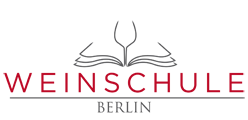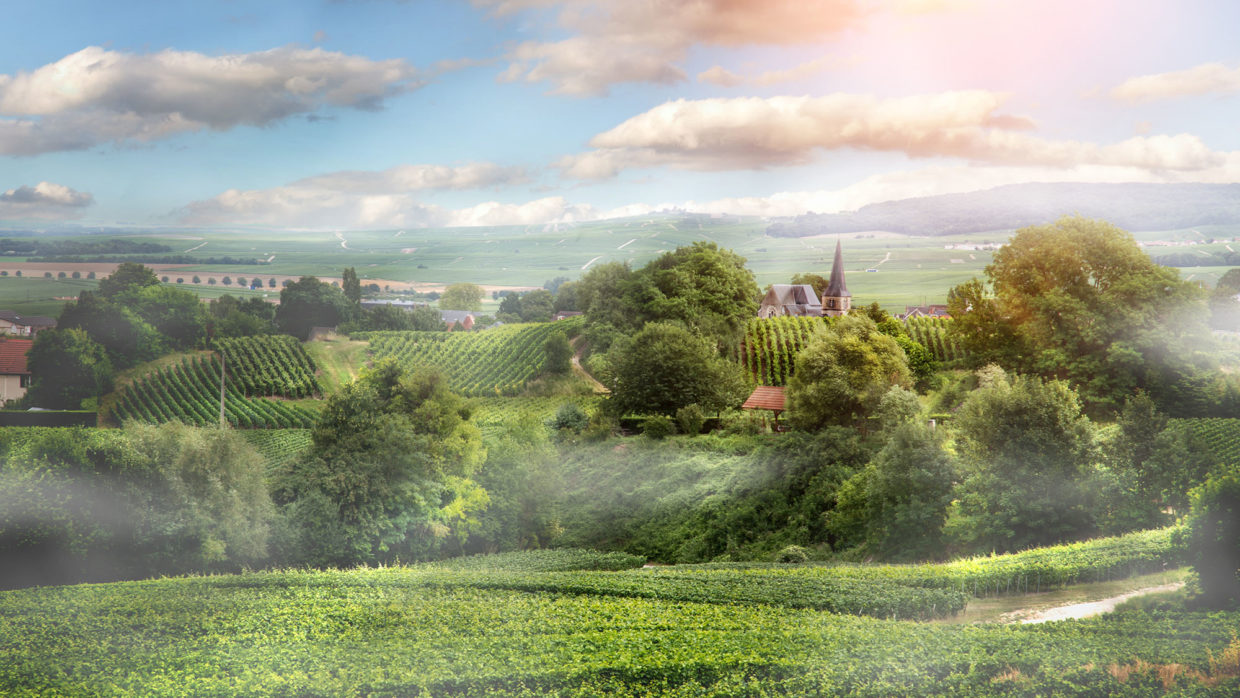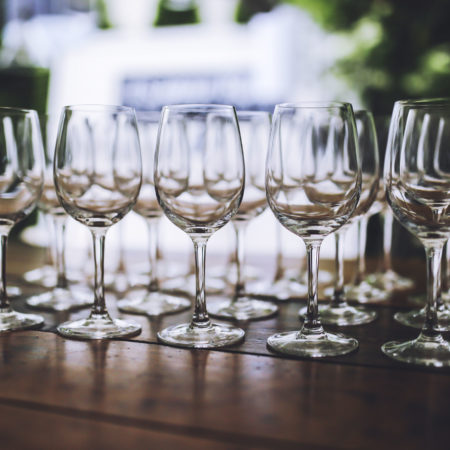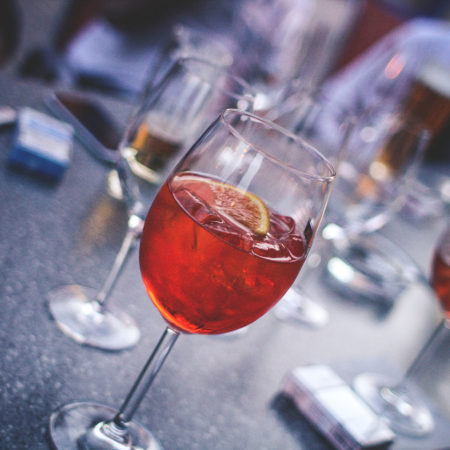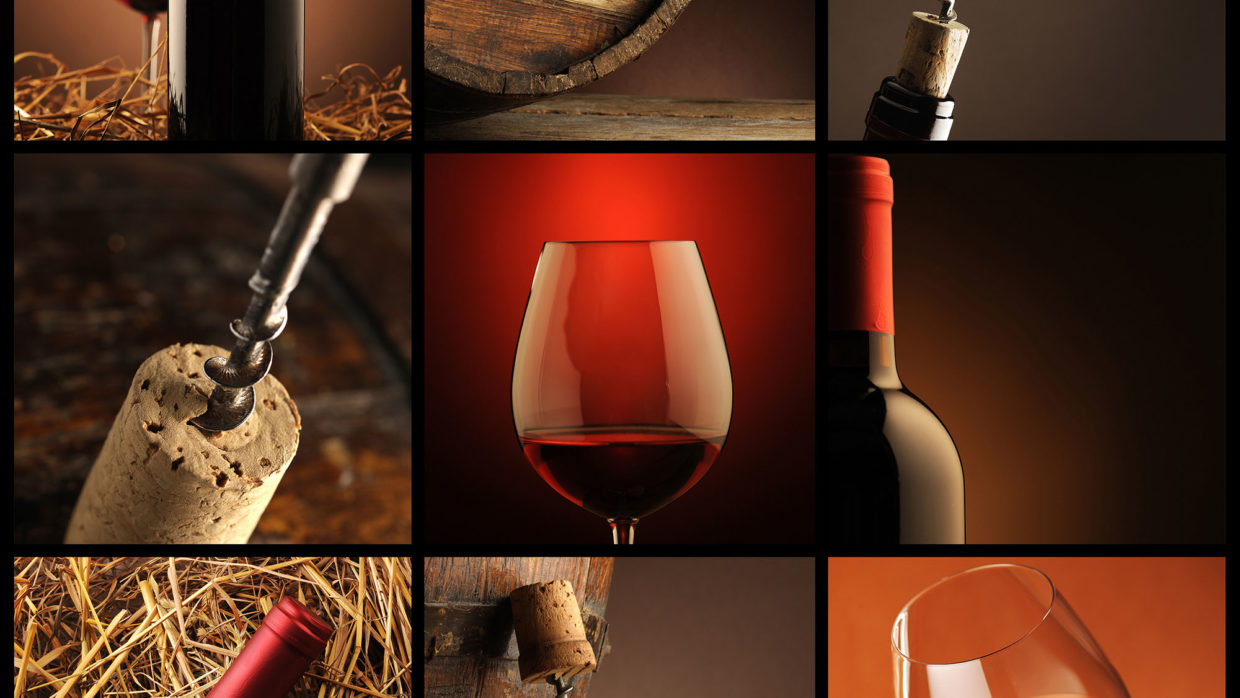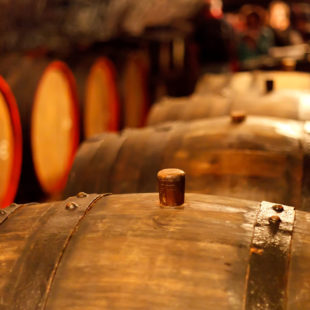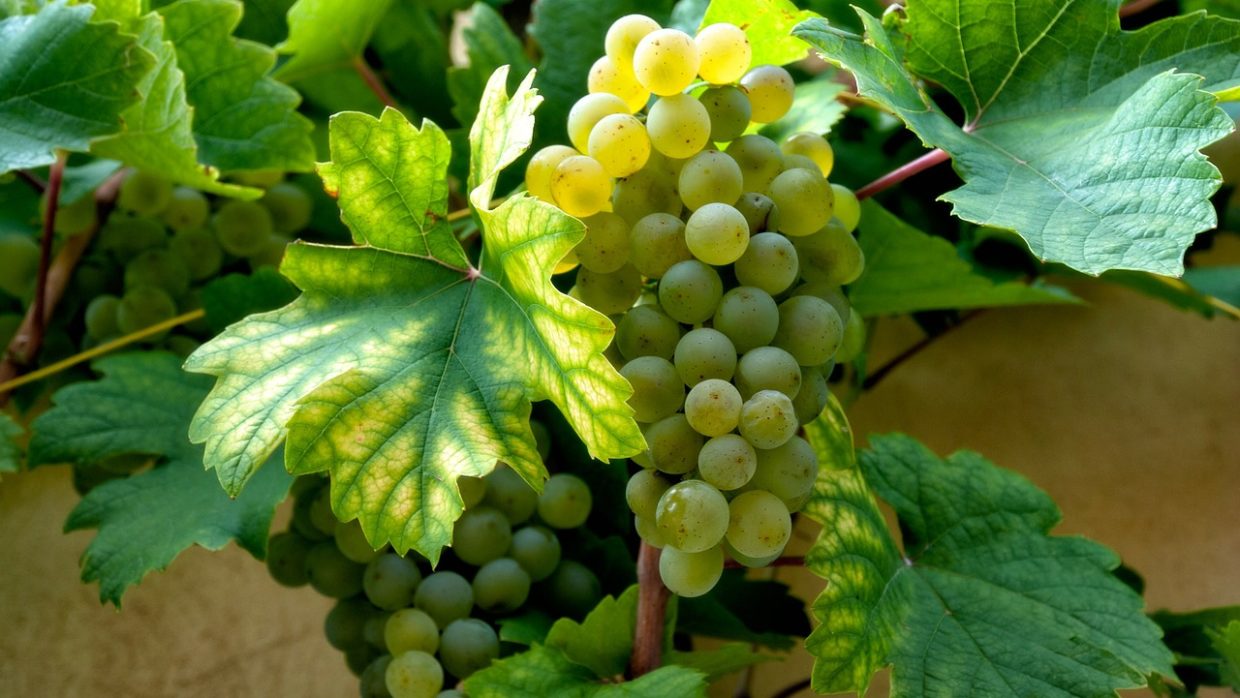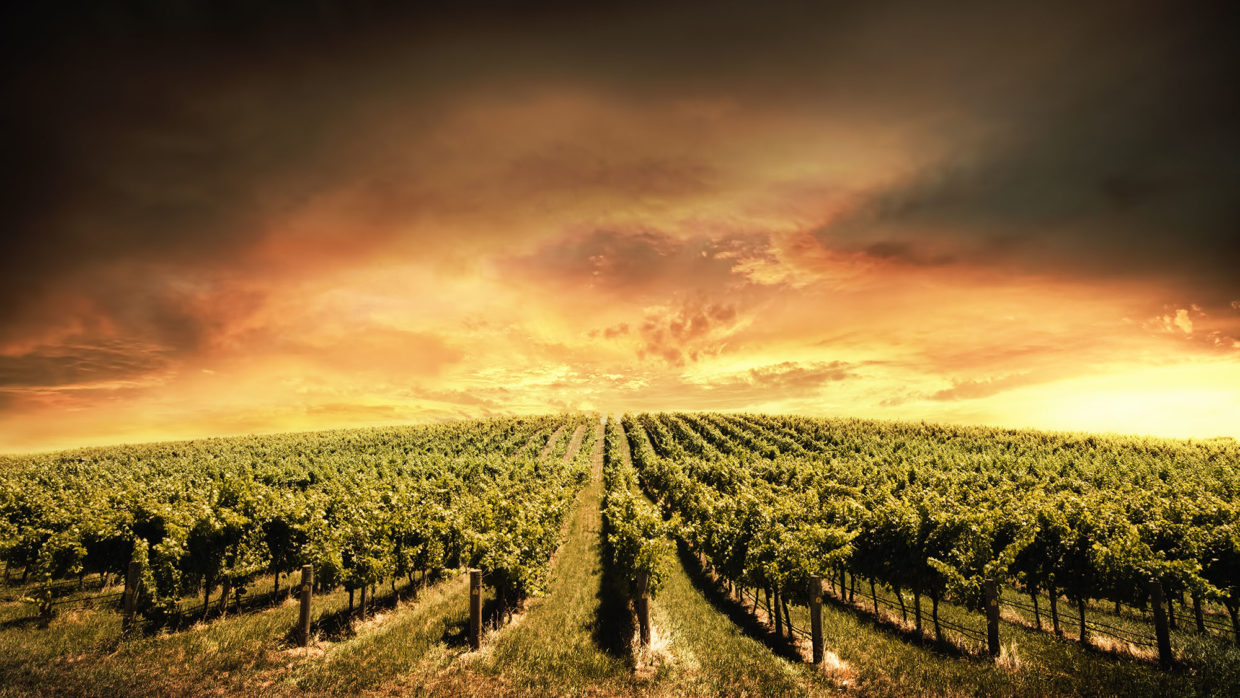
The roots of the modern Champagne industry were laid during the Industrial Revolution which saw vast leaps in understanding the method of making sparkling wine and improvements in the technology
The early history of South African wine can be traced to the founding of a supply station at the Cape of Good Hope by the Dutch East India Company. Jan
The influence of terroir means that wines from a particular region are unique, incapable of being reproduced outside that area, even if the grape variety and winemaking techniques are painstakingly
Whether the wine is aging in tanks or barrels, tests are run periodically in a laboratory to check the status of the wine. Common tests include °Brix, pH, titratable acidity,
Traditionally New World wine used names of well-known European regions, such as Burgundy, Champagne, Sherry, Port, and Hock. This gave consumers a general idea of how the wine might taste.
Barolo is a red Denominazione di Origine Controllata e Garantita (DOCG) wine produced in the northern Italian region of Piedmont. It is made from the Nebbiolo grape and is often described as one of Italy’s greatest wines. The zone of production extends into the communes of Barolo, Castiglione Falletto, Serralunga d’Alba and parts of the communes of Cherasco, Diano d’Alba, Grinzane Cavour, La Morra, Monforte d’Alba, Novello, Roddi, Verduno, all in the province of Cuneo, south-west of Alba. Only vineyards planted in primarily calcareous-clay soils in the hills with suitable slopes and orientations are considered suitable for Barolo production. Barolo is often described as having the aromas of tar and roses, and the wines are noted for their ability to age and usually take on a rust red tinge as they mature. When subjected to aging of at least five years before release, the wine can be labeled a Riserva.

Zinfandel (also known as Primitivo) is a variety of black-skinned wine grape. The variety is planted in over 10 percent of California vineyards. DNA fingerprinting revealed that it is genetically
